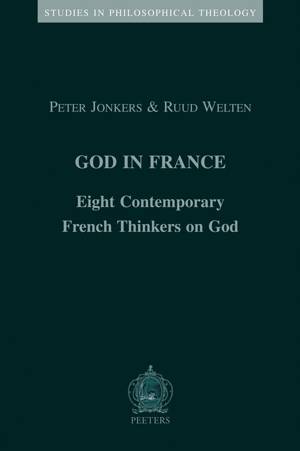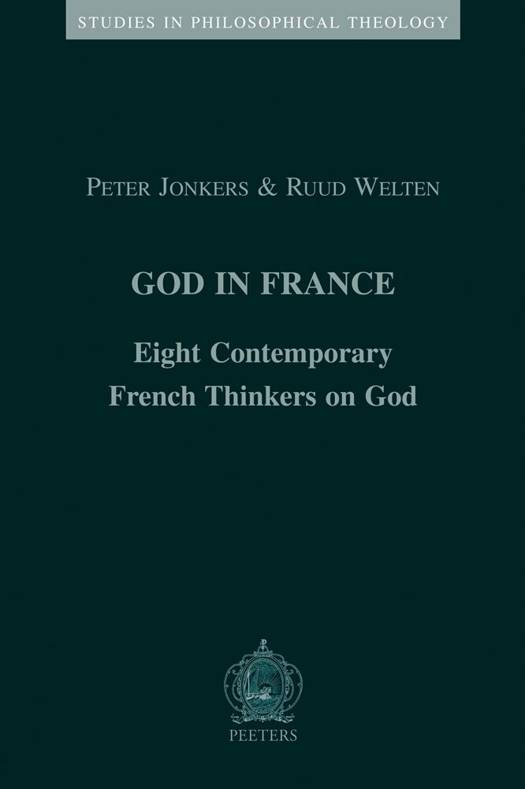
- Afhalen na 1 uur in een winkel met voorraad
- Gratis thuislevering in België vanaf € 30
- Ruim aanbod met 7 miljoen producten
- Afhalen na 1 uur in een winkel met voorraad
- Gratis thuislevering in België vanaf € 30
- Ruim aanbod met 7 miljoen producten
Zoeken
€ 35,00
+ 70 punten
Omschrijving
According to some, French philosophy has taken an obvious turn towards/into a theological context. In their work, contemporary philosophers such as Ricoeur, Levinas, Girard, Henry, and even Derrida and Lyotard in their later periods focus on issues usually associated with theological debates. For thinkers like Henry, Marion, and Lacoste, theology even plays a prominent role in their thought. Why this post-Heideggerian turn to God? This book introduces the typically French debate of the so-called 'theological turn of French philosophy' through a presentation of the philosophers mentioned. Why are they all interested in the quest for God and Religion? How do they understand God in a philosophical way? Thinking about these questions offers to both philosophy and theology the opportunity for a crossover which is mutually enriching. This book aims to contribute to this fascinating process.
Specificaties
Betrokkenen
- Auteur(s):
- Uitgeverij:
Inhoud
- Aantal bladzijden:
- 228
- Taal:
- Engels
- Reeks:
Eigenschappen
- Productcode (EAN):
- 9789042915701
- Verschijningsdatum:
- 25/02/2005
- Uitvoering:
- Paperback
- Formaat:
- Trade paperback (VS)
- Afmetingen:
- 162 mm x 244 mm
- Gewicht:
- 403 g

Alleen bij Standaard Boekhandel
+ 70 punten op je klantenkaart van Standaard Boekhandel
Beoordelingen
We publiceren alleen reviews die voldoen aan de voorwaarden voor reviews. Bekijk onze voorwaarden voor reviews.











